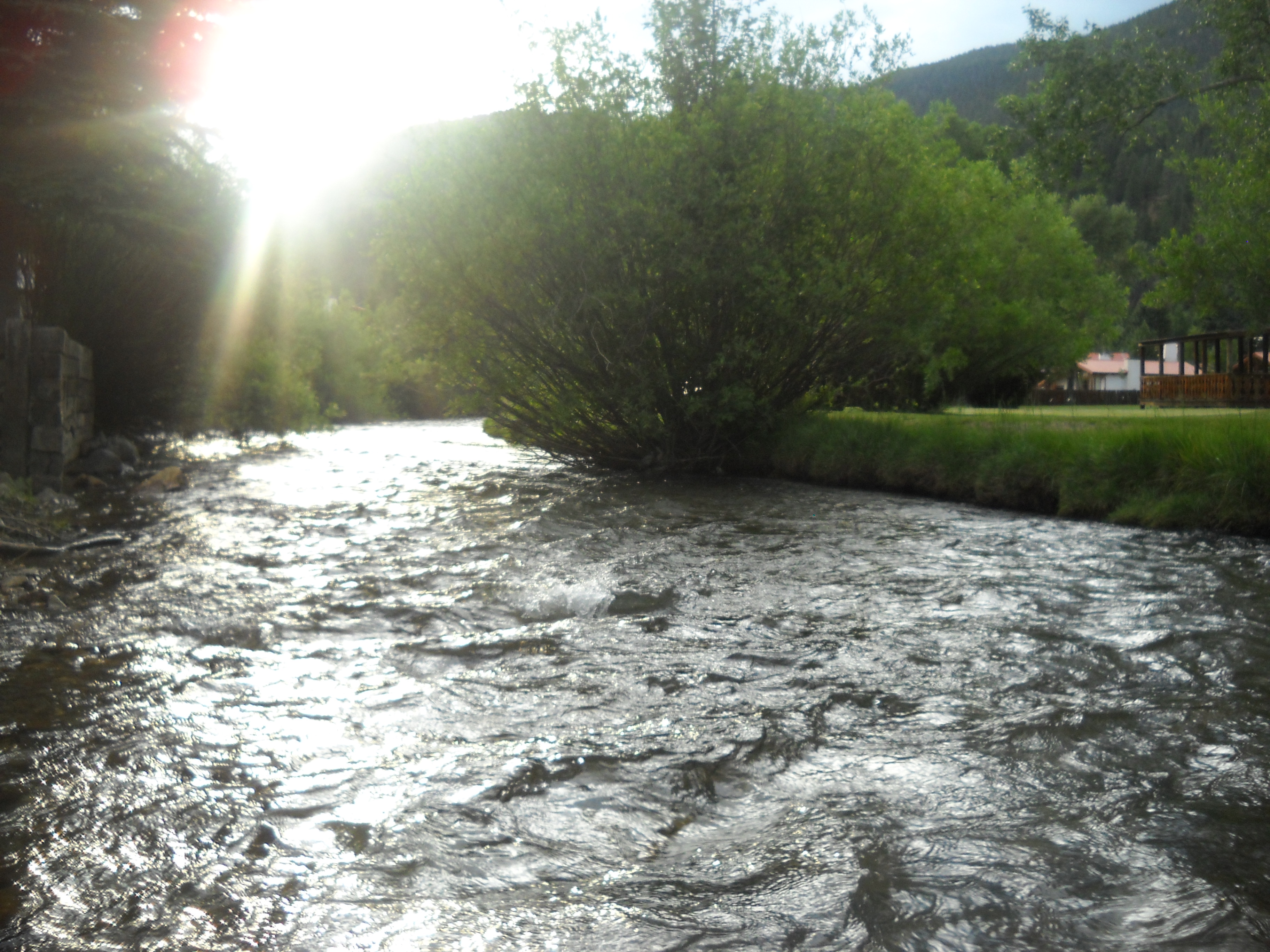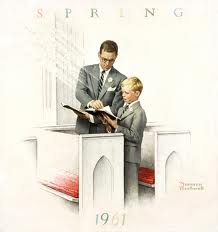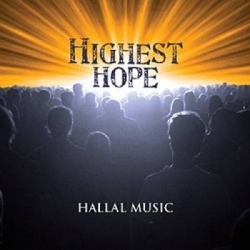 There’s a song I want to share with you from Ken Young’s group, “Hallal”. Written in 2009, the song “Enter In” is a clear description of the final hours of life, countered with the joy we find when our loved ones leave this life and “enter in”. You can find this song and several others on the album Highest Hope.
There’s a song I want to share with you from Ken Young’s group, “Hallal”. Written in 2009, the song “Enter In” is a clear description of the final hours of life, countered with the joy we find when our loved ones leave this life and “enter in”. You can find this song and several others on the album Highest Hope.
For strength during times of trial you will be blessed by putting thoughts of ‘home’ and Godliness into your mind. May you be blessed as you seek comfort during difficulties in your life…
Read the words to the song: “Enter In”
“In a world so full of sorrows when the best so often fall.
When the prayers all go unanswered,
when the shadows seem to overwhelm,
when the light of hope has dimmed and leaves no hope at all.”
CHORUS:
“That’s when heaven pierces through the cloud of darkness,
And the glory of the Father shines from heaven’s open door.
And the Son of Man standing at the right hand of the Father,
with a warm embrace gives welcome,
and the angels are rejoicing,
and the Father with a voice like rushing wind,
Says all heaven has been waiting…Enter In!”
“When the dreams of life are shattered, and the body wastes away.
When all dignity’s abandoned,
and the ones who care, with broken hearts,
plead for mercy, but it seems that mercy hides it’s face.”
CHORUS:
“That’s when heaven pierces through the cloud of darkness,
And the glory of the Father shines from heaven’s open door.
And the Son of Man standing at the right hand of the Father,
with a warm embrace gives welcome,
and the angels are rejoicing,
and the Father with a voice like rushing wind,
Says all heaven has been waiting…Enter In!”
If you like this message and can relate to these words, I encourage you to click on the album (above) or visit Taylor Publications CLICK HERE for additional songs of encouragement and praise. “In a world of pain and sorrow…” prepare yourself for the day God calls you home.
Personally, I’m looking forward to the day when I hear my Savior say, “ENTER IN!”

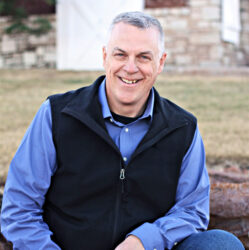
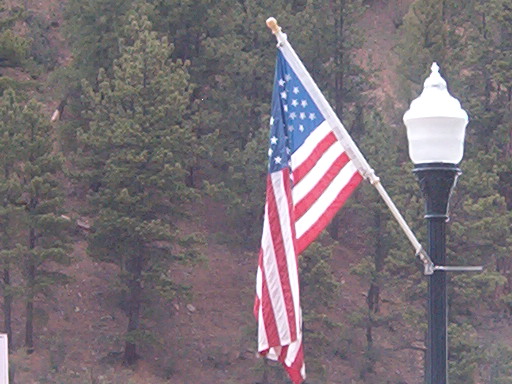

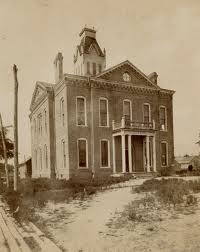
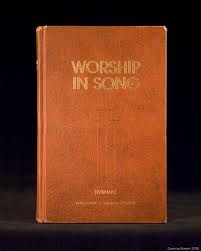
![2442062865_9ea84218d4[1]](http://www.singingwiththespirit.com/wp-content/uploads/2012/06/2442062865_9ea84218d41.jpg)



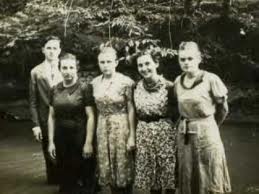 age those who would read these words to ‘go down’ (to the valley or the river) and pray. This week at RRFE we’ll be singing, studying, learning, listening and praying…down in the river.
age those who would read these words to ‘go down’ (to the valley or the river) and pray. This week at RRFE we’ll be singing, studying, learning, listening and praying…down in the river.
